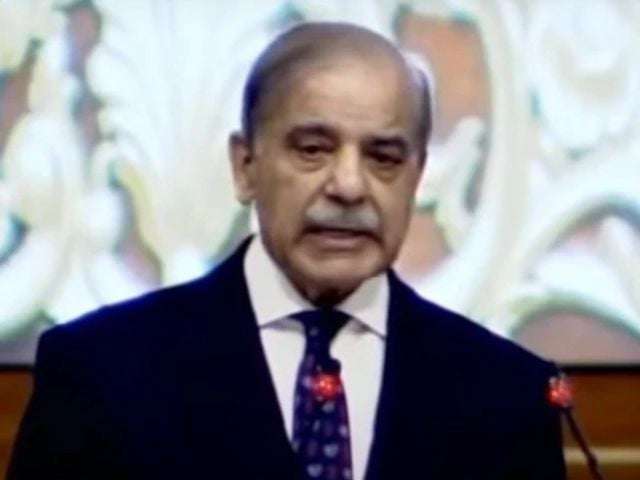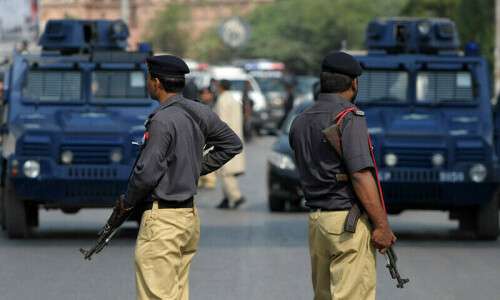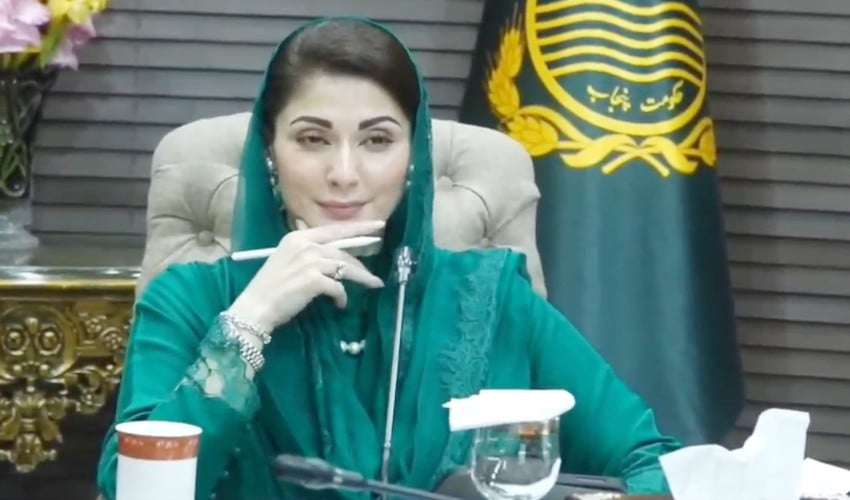Introduction
In a powerful address at the “Girls’ Education in Muslim Societies: Challenges and Opportunities” conference, Prime Minister Shehbaz Sharif stressed the urgent need for Muslim countries to prioritize girls’ education as one of the most critical challenges of our time. The conference, held in Islamabad, brought together policymakers, dignitaries, and representatives from over 47 countries to discuss the ways forward in addressing barriers to girls’ education, particularly in underprivileged and conflict-ridden regions.
The prime minister’s speech highlighted Pakistan’s unwavering commitment to improving girls’ education and outlined the collective responsibility of nations to overcome the myriad challenges facing girls in Muslim societies. This article delves deeper into the key takeaways from the conference, the significance of girls’ education in Islam, and how countries can collaborate for meaningful progress.
H1: The Urgent Need for Focus on Girls’ Education
The importance of girls’ education cannot be overstated. It is a fundamental right and one of the most powerful tools for transforming societies. Yet, millions of girls in Muslim-majority countries still face significant barriers to education due to cultural, social, and political challenges. Prime Minister Shehbaz Sharif highlighted that addressing these challenges should be a priority for all nations, particularly those in the Muslim world.
H2: Prime Minister Shehbaz Sharif’s Vision for Girls’ Education
H3: A Call for Collective Action
In his speech, PM Shehbaz Sharif emphasized the importance of joint efforts to improve access to quality education for girls, especially in regions where gender disparities are most evident. He acknowledged the complex issues that hinder progress, such as poverty, cultural norms, and political instability. However, he also pointed out that with concerted efforts and the mobilization of resources, these barriers can be overcome.
“Education is the key to breaking the cycle of poverty and ensuring a brighter future for girls in every society,” said the Prime Minister. He emphasized that governments must be proactive in creating inclusive policies that guarantee girls’ access to education from early childhood through secondary school.
H3: Pakistan’s Commitment to Advancing Girls’ Education
PM Shehbaz Sharif reaffirmed Pakistan’s commitment to prioritizing girls’ education. He emphasized that Pakistan would mobilize all available resources to promote education and close the gender gap. By ensuring equal opportunities for girls, Pakistan aims to reduce illiteracy rates and empower women to contribute actively to the economy and society.
H2: Islam’s Role in Promoting Girls’ Education
H3: Education as a Fundamental Right in Islam
One of the key points raised by PM Sharif was the importance of girls’ education within the context of Islamic teachings. Islam has historically emphasized the value of education for both men and women. The Prime Minister drew attention to the contributions of significant historical figures, such as Hazrat Khadija, the wife of Prophet Muhammad (PBUH), who was a prominent businesswoman, and Fatima Jinnah, a Pakistani stateswoman and the sister of Pakistan’s founder, Muhammad Ali Jinnah. He also referenced Benazir Bhutto’s historic role as the first female prime minister of a Muslim country.
These figures, according to the Prime Minister, serve as inspiring examples of the importance of education in shaping strong, influential women. Education is not just a right; it is a tool that can enable women to break free from societal constraints and contribute to the betterment of their communities.
H2: Malala Yousafzai’s Participation and Impact
H3: A Global Icon for Girls’ Education
The presence of Malala Yousafzai, the Nobel Laureate and education activist, added a significant dimension to the conference. Malala, who survived a brutal attack by the Taliban for advocating girls’ education, has become a global symbol of resilience and determination. Her participation in the conference reaffirmed the importance of girls’ education and the ongoing fight to ensure that every girl has the opportunity to learn.
Malala’s story of courage resonates deeply with millions of girls worldwide, especially in areas where access to education remains a major challenge. By attending the conference, she helped to draw attention to the struggles girls face in conflict zones, where education is often seen as a luxury rather than a right.
H3: Malala’s Role in the Fight for Girls’ Education
Malala has been an outspoken advocate for girls’ education since she was a young girl. Following the attack on her life, she continued to advocate for education through the Malala Fund, which works globally to empower girls through education. Her presence at the conference in Pakistan underscores the importance of collaborative global efforts to remove barriers to education for girls in Muslim societies.
H2: Global Collaboration to Overcome Barriers to Girls’ Education
H3: The Need for Large-Scale Initiatives
The conference highlighted the fact that addressing the challenges of girls’ education requires a unified approach. Stakeholders from government bodies, civil society organizations, and international institutions must work together to create effective solutions. This includes ensuring adequate funding, training educators, developing gender-sensitive curricula, and tackling societal norms that hinder girls’ access to education.
The International Community plays a crucial role in supporting countries with limited resources. Multilateral institutions, such as the United Nations, and global advocacy groups like Malala’s, must continue to pressure governments to take concrete actions towards achieving gender parity in education.
H2: The Role of Technology in Expanding Educational Opportunities
H3: E-learning and Digital Platforms
As the world becomes more interconnected, technology has become an important tool in expanding educational opportunities for girls, especially in remote and conflict-affected regions. Digital platforms, e-learning, and online education programs can help overcome some of the logistical barriers that prevent girls from accessing traditional schools.
By investing in online education, governments and international organizations can provide a more flexible and scalable solution to the problem of limited educational infrastructure, particularly in rural or underserved areas.
FAQs
1. Why is girls’ education important for Muslim societies?
Girls’ education is essential because it empowers women to contribute to the economy, improve public health, and drive social change. Educated girls are more likely to delay marriage, have healthier families, and become leaders in their communities.
2. How can Muslim countries improve girls’ education?
Muslim countries can improve girls’ education by investing in infrastructure, developing gender-sensitive policies, and ensuring cultural norms do not hinder girls from attending school. Collaborative international efforts are also key to making progress.
3. What is the role of Islam in promoting girls’ education?
Islam values education for both men and women. Prominent Islamic figures such as Hazrat Khadija and Fatima Jinnah serve as role models for the importance of education in empowering women.
4. How does Malala Yousafzai contribute to girls’ education?
Malala Yousafzai advocates for girls’ education globally through the Malala Fund. She continues to highlight the importance of education in conflict areas and promotes policies that support girls’ access to schooling.
5. What are the challenges faced by girls in Muslim countries?
Girls in Muslim countries face challenges such as gender-based discrimination, cultural norms that prioritize boys’ education, poverty, and political instability. These barriers prevent many girls from accessing education.
Conclusion
The “Girls’ Education in Muslim Societies: Challenges and Opportunities” conference served as a critical platform for discussing the urgent need for a global commitment to girls’ education. Prime Minister Shehbaz Sharif’s call to action, alongside Malala Yousafzai’s inspiring presence, reinforced the importance of education as a tool for empowering girls and transforming societies. Muslim countries, along with the international community, must work together to overcome the barriers that prevent millions of girls from realizing their full potential. Only through collective efforts can we ensure that every girl, regardless of where she lives, has the opportunity to learn, grow, and thrive.
ALSO READ
https://flarenews.pk/2025/01/11/metas-move-to-end-fact-checking/



